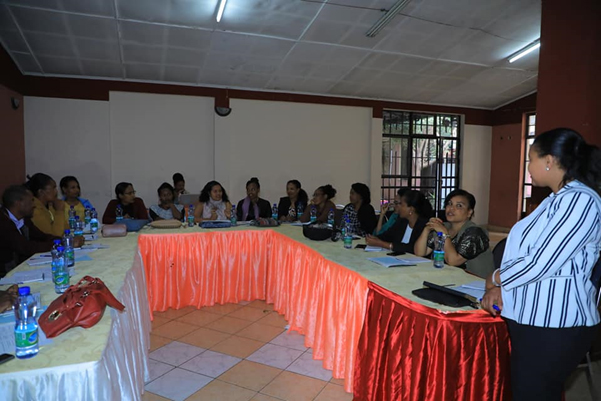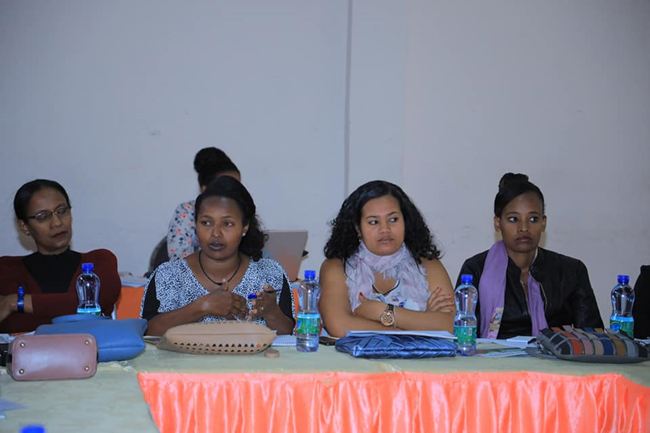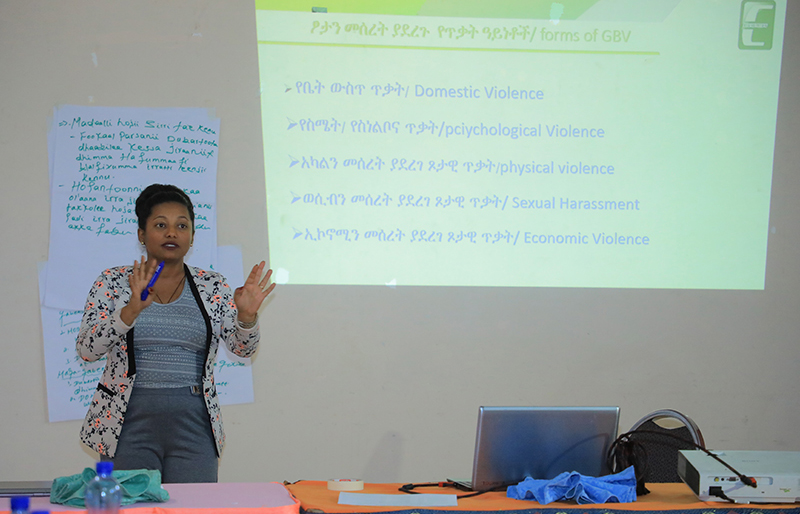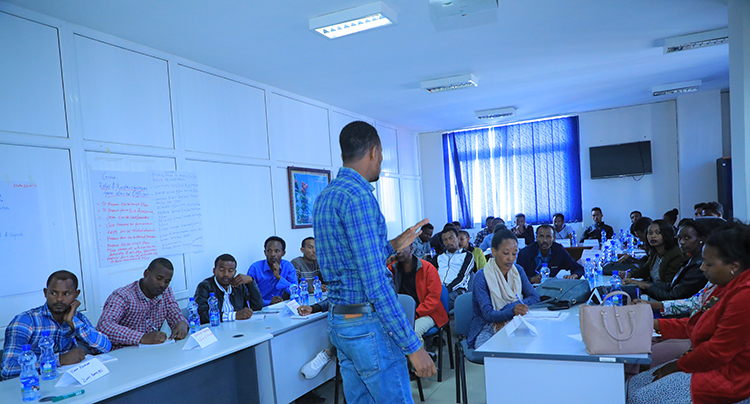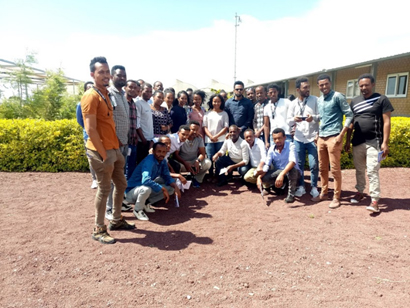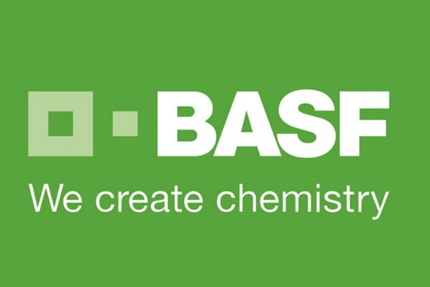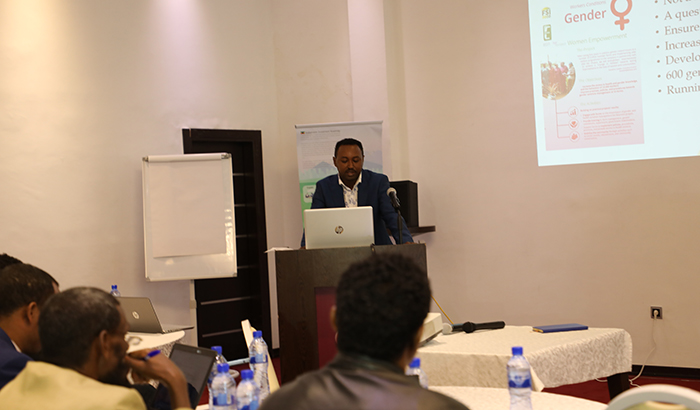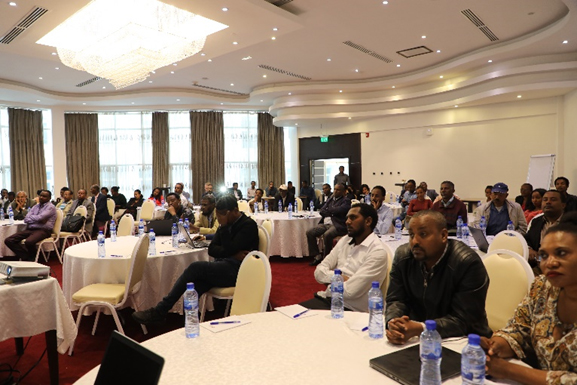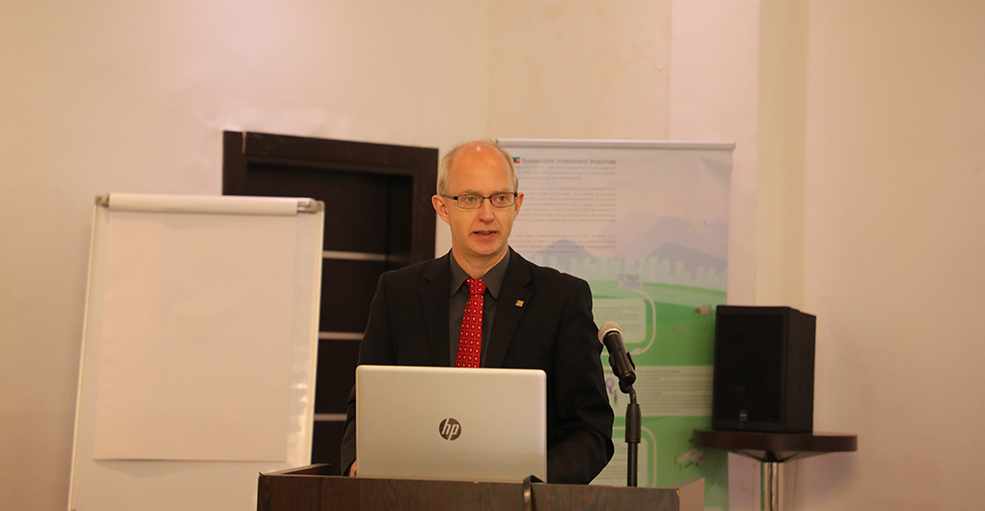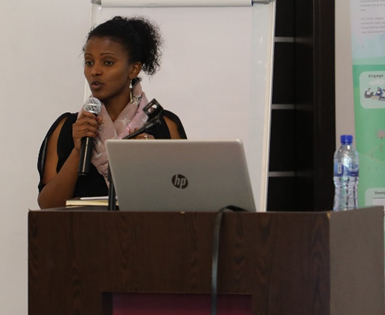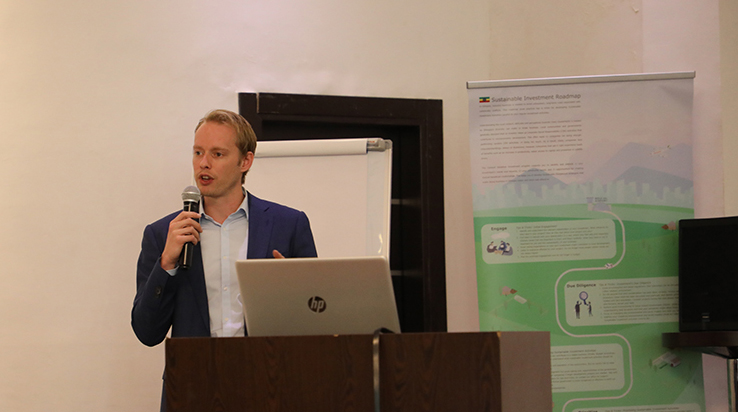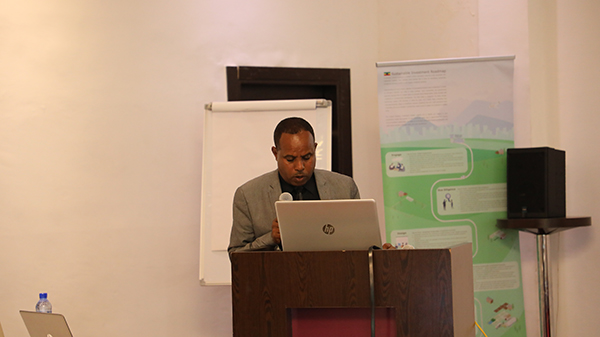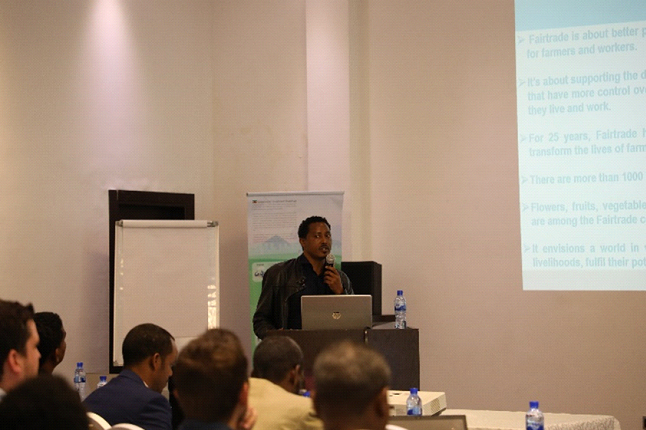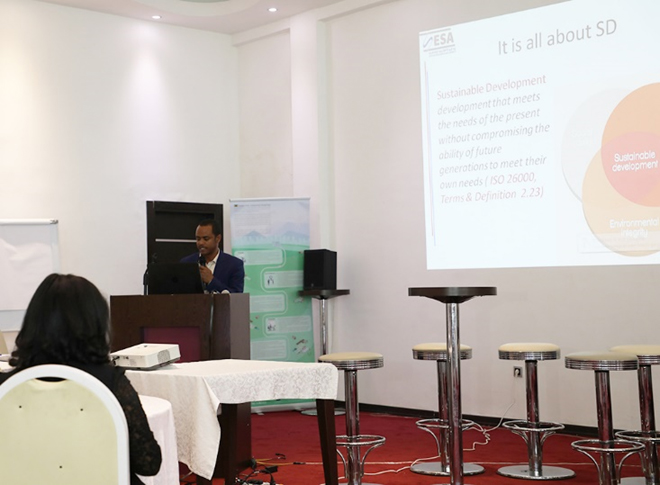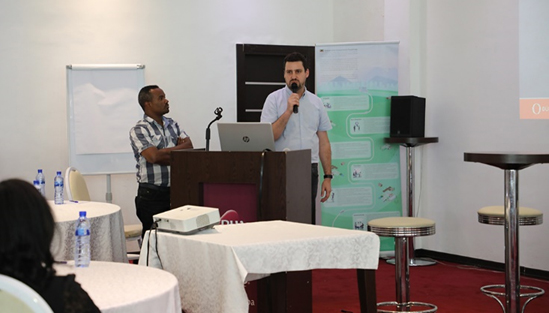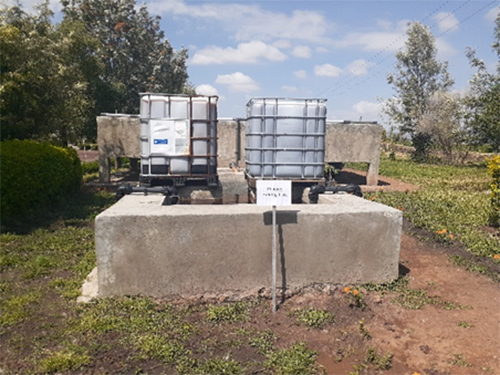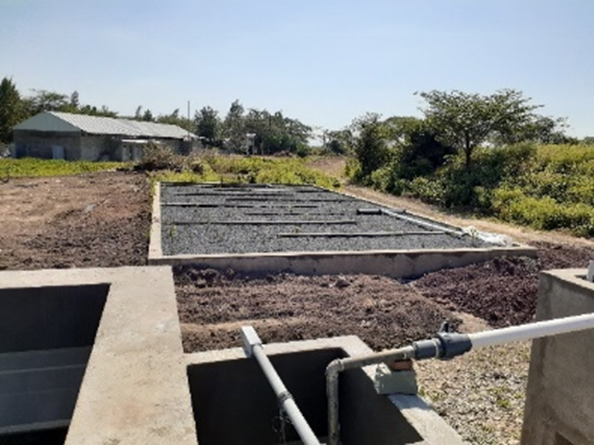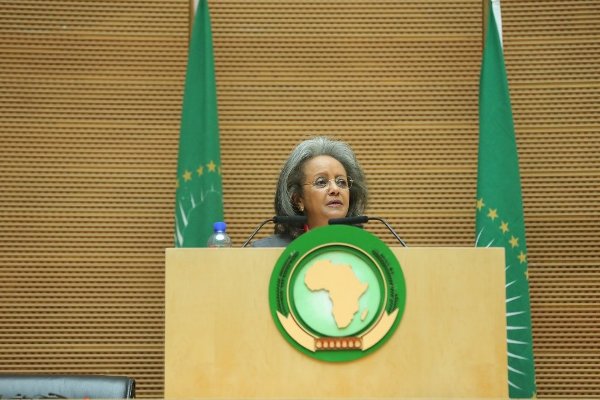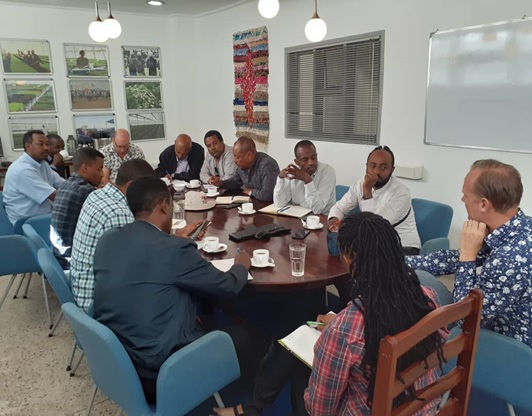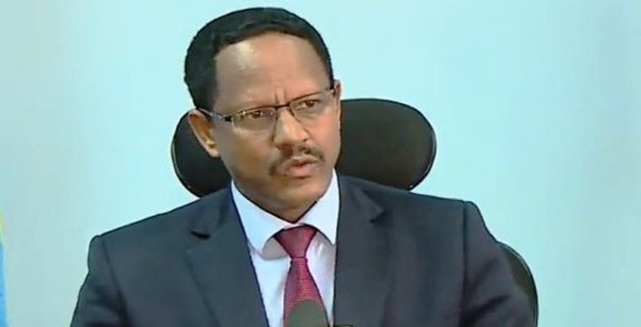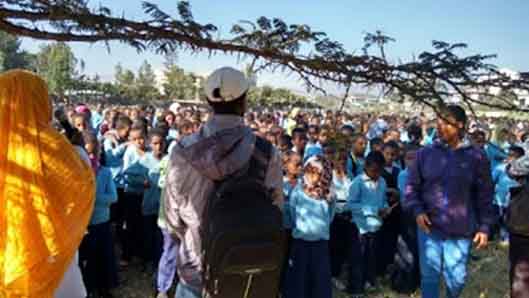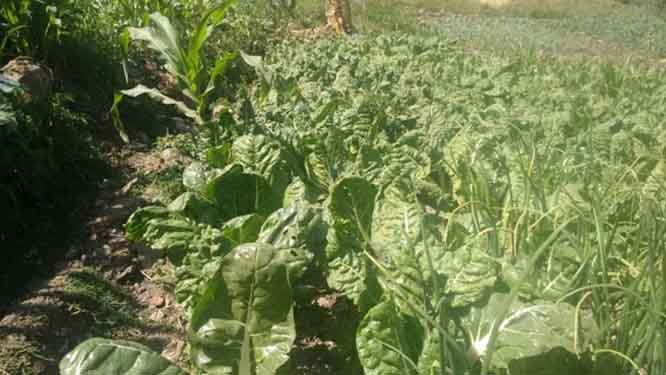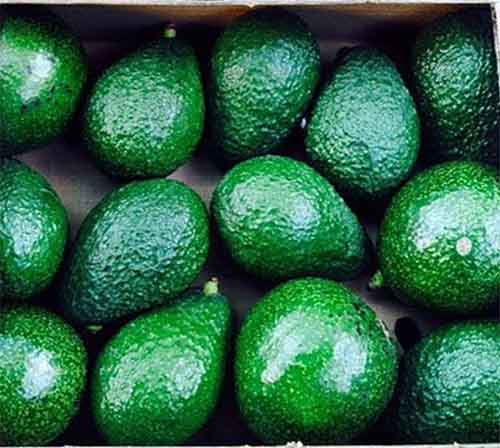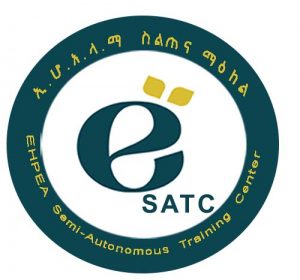The Council of Ministers has received an amendment bill to the nation’s investment law that is expected to open up the economy to foreign capital. Drafted by the Ethiopian Investment Commission, the bill was sent to the Council early this month.
The drafting process took around a year and was undertaken by the Investment Law Revision Task Force, a team of 17 experts. The last time the investment law was revised was in 2014, while it was legislated in 2012. The revision is expected to open up the logistics, financial and aviation sectors.
In the process of amendment, public consultation was held by the Commission to identify gaps in the investment environment and recommend ways of addressing them. A series of closed-door meetings were also held for the government, private players and development partners.
“They genuinely wanted our feedback and insights to craft robust and effective improvements to the investment laws,” said Sam Rosmarin, chief strategy officer at Komari Beverages, who participated in one of these meetings.
The draft will allow public-private partnerships in the areas of manufacturing of military weapons, international airport transport service, import and export, power distribution through the integrated national grid system and postal services with the exception of courier services.
The draft also plans to partly open logistics service provision, air transport services, inland public transport and freight transport to foreign investment. But non-national investors or businesses not based in Ethiopia must form joint ventures with local players and will have to abide by a share capital cap of 75pc.
Non-nationals will also not be able to hold more than 49pc of shares in companies engaged in advertising, audio-visual production, accounting and auditing, and mass media services. They can also now engage in capital goods leasing and management consultation.
The existing investment law will also be expected to allow the involvement of foreign investors in the financial sector, according to sources close to the case. Foreign involvement in the sector has not been allowed ever since the Dergue regime in 1974.
Although the sector was finally opened to local private players in 1994, the government continued to insist that the regulatory capacity of the National Bank of Ethiopia (NBE) was not developed enough to regulate foreign financial firms. In the event of legislation, opening up of the financial sector will signal one of the first significant economic reforms in line with the recommendations of financial institutions such as the World Bank.
Though positive about the idea of opening up the economy for foreign investment, private players believe that there is a long way to go before the investment environment can be smoothened out.
